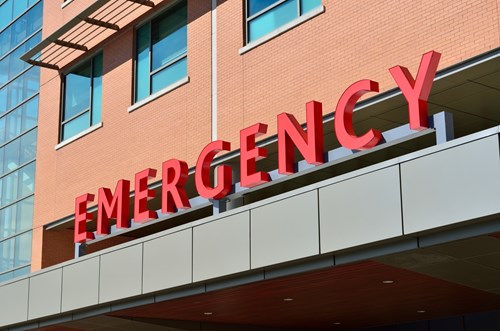A recent study from the University of Missouri (MU) found rural organizations are implementing innovative care solutions to address patients’ barriers to care.

Though patients in rural settings often experience more barriers to care than those in urban areas, rural hospitals are providing extensive care coordination services to support their patients’ access to quality care, according to a study conducted by researchers from MU.
For the study, the researchers interviewed health care professionals in rural Missouri about their organizations' enhanced care coordination efforts to address social determinants of health (SDoH) impacting access to or the quality of care. They found the rural hospitals practiced extensive solutions for care coordination.
Most impressive, 100 percent of the rural hospitals included in the study were providing transportation services to improve access to care. Addressing transportation barriers was key for the rural organizations given its extensive impact on patients, according to Julie Kapp, an associate professor in the MU College of Health Sciences and lead author on the study.
“Transportation was the most commonly reported barrier addressed, particularly in rural areas where you have to travel farther distances, especially if you need specialized care, and the physician shortages in rural areas have made this barrier even worse,” said Kapp, in a statement. “Some families might just have one car that everyone shares, the car might not be reliable, or if families are working long hours while juggling household responsibilities, missing work to drive long distances might not be possible.”
The study also found the rural health care organizations were providing services to address SDoH including mental health (86 percent), food insecurity (79 percent), housing (71 percent), and dental care (50 percent).
“One of the main takeaways of this research is that health care is much more broad today than before, and it incorporates basic social services that are often not thought of as health care related,” said Beau Underwood, a doctoral student in the MU College of Arts and Science’s Truman School of Government and Public Affairs and co-author of the study, in the study announcement. “We need to think beyond just what happens in the doctor’s office, and part of that is thinking about if patients have transportation to get to the doctor’s office in the first place, or if there is even a physician in the patient’s area.”

